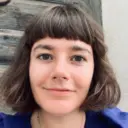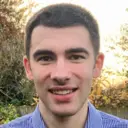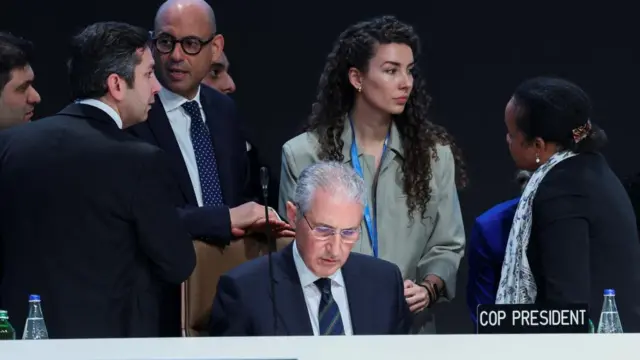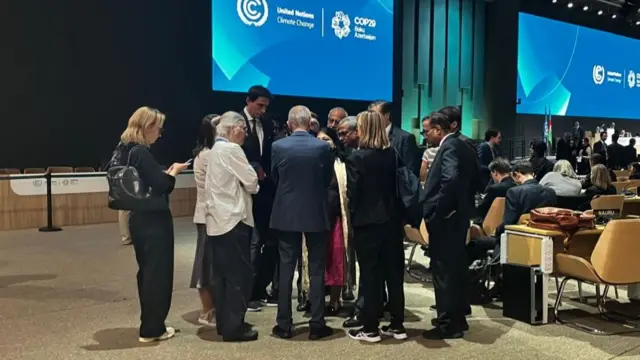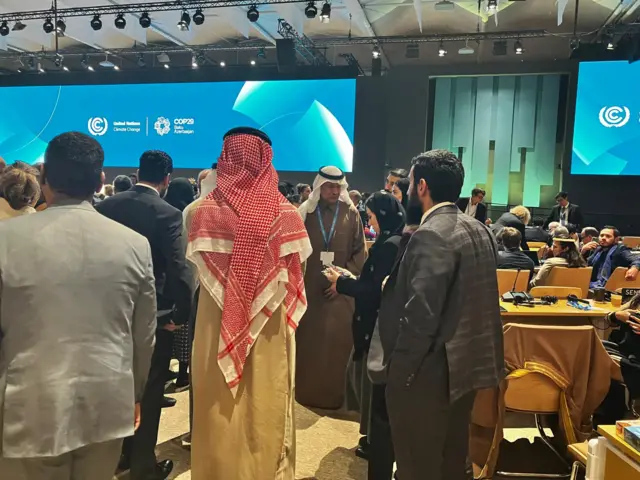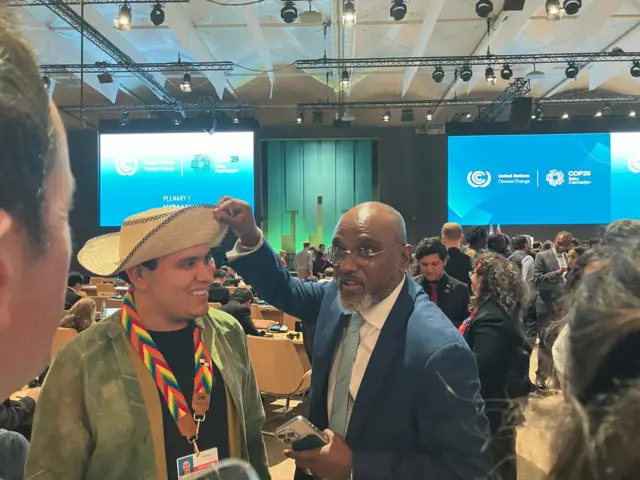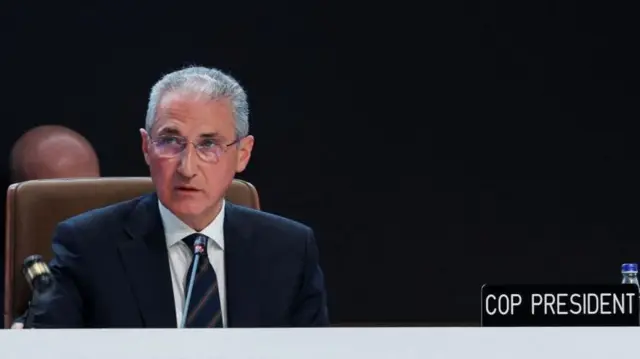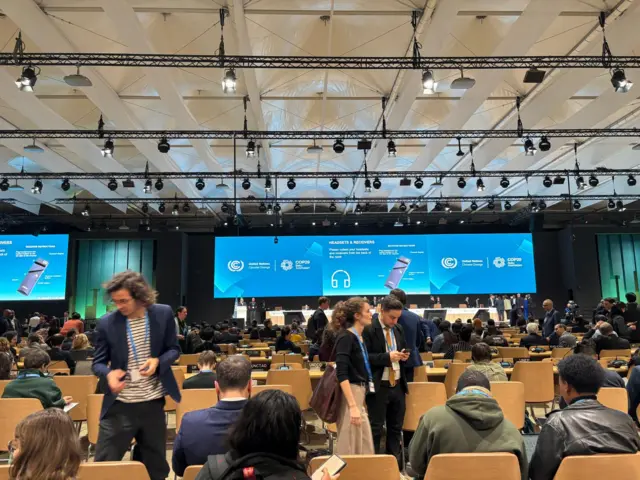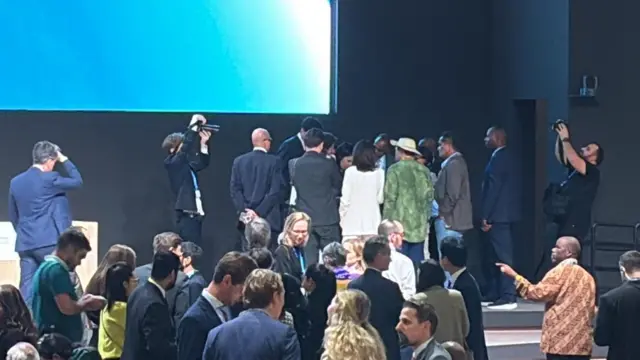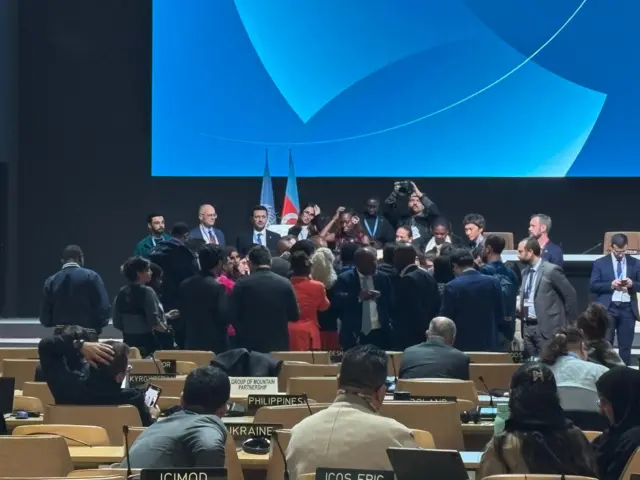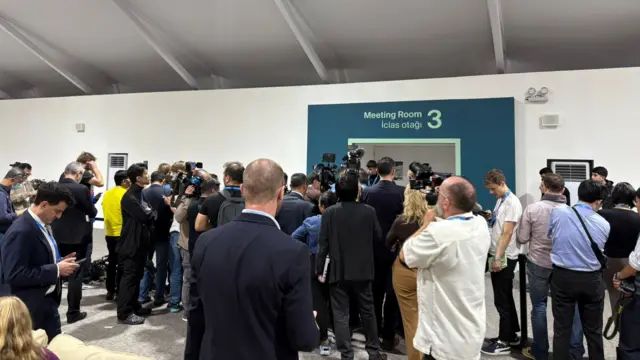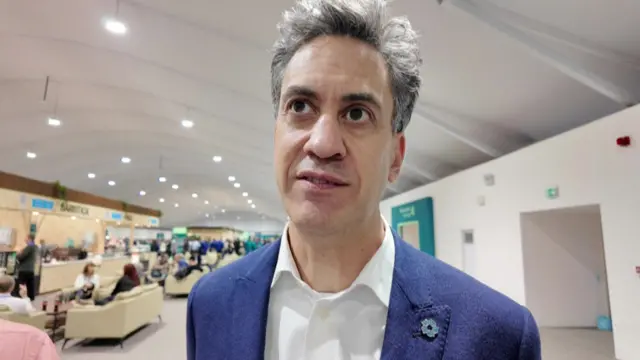As the gavel comes down, the deal is donepublished at 22:39 GMT 23 November 2024Breaking
Here it is, the moment we’ve been waiting for - COP President Mukhtar Babayev has just announced that the text has finally been approved - a climate cash deal for the world's poorest countries.
Only a few hours ago, the prospect of a deal hung in the balance when the Alliance of Small Island States (AOSIS), which represents small, low-lying island nations, walked out of the talks.
Stay with us for the latest reaction and a closer look at what this means, from our teams at the climate summit in Baku, and here in London.
